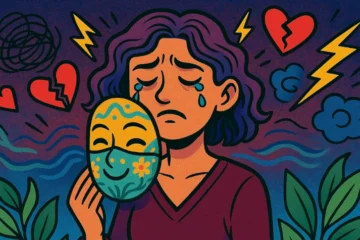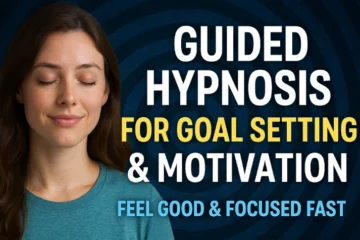Burnout isn’t always what we think it is.
Most of the high achievers I work with don’t come in saying, “I’m burnt out.” They say things like:
-
“I just need to get on top of things.”
-
“If I could be more disciplined, I’d feel better.”
-
“I’m fine, I just need to push through.”
But here’s the truth: Burnout isn’t a motivation problem. It’s an energy problem.
And trying to outwork burnout? It just digs the hole deeper.
The Mistake High Achievers Keep Making
It’s common to try to solve burnout the same way we approach everything else—by doing more:
-
More routines
-
More productivity hacks
-
More pressure
But burnout doesn’t respond to hustle. It responds to healing.
In fact, when I work with clients—especially those with ADHD, anxiety, or perfectionistic tendencies—what I see time and again is this:
The more they push, the more disconnected they become. Not just from their work—but from themselves.
They’re showing up, ticking boxes, doing just enough to get by.
Not because they’re lazy.
Because they’re exhausted. Overstimulated. Numb.
Burnout Culture & Broken Leadership
It’s not just individuals that get this wrong—it’s workplaces too.
Many leadership teams still believe that pressure drives performance.
But chronic stress doesn’t motivate people—it shuts them down.
It turns passionate, brilliant minds into quiet, resigned workers just trying to stay afloat.
True, sustainable performance doesn’t come from tension.
It comes from:
-
Clarity
-
Recognition
-
Space to breathe
The strongest teams (and individuals) aren’t the ones who can “keep going no matter what.”
They’re the ones who feel safe enough to pause, ask for help, and reset when they need to.
So What Actually Helps?
If you’re stuck in the burnout cycle, try this instead:
-
Rest before you crash.
-
Cut what doesn’t matter.
-
Work at 80%, not 120%.
(Yes, you’re still productive—just not self-destructive.)
And most importantly?
Burnout doesn’t respond to pressure.
It responds to permission.
Permission to slow down.
To stop performing.
To feel what you’re actually feeling.
That’s not weakness. That’s the start of recovery.
Final Thought
If any of this hit home, know this:
You’re not broken. You’re burnt out.
And you’re not alone.
At Folkestone Hypnotherapy and through Courtin Mind Academy, I help people reconnect with themselves, so they can move from survival mode back into real, sustainable wellbeing.
Feel like this is you?
Let’s talk.
Or stick around, there’s plenty more support here for you.


